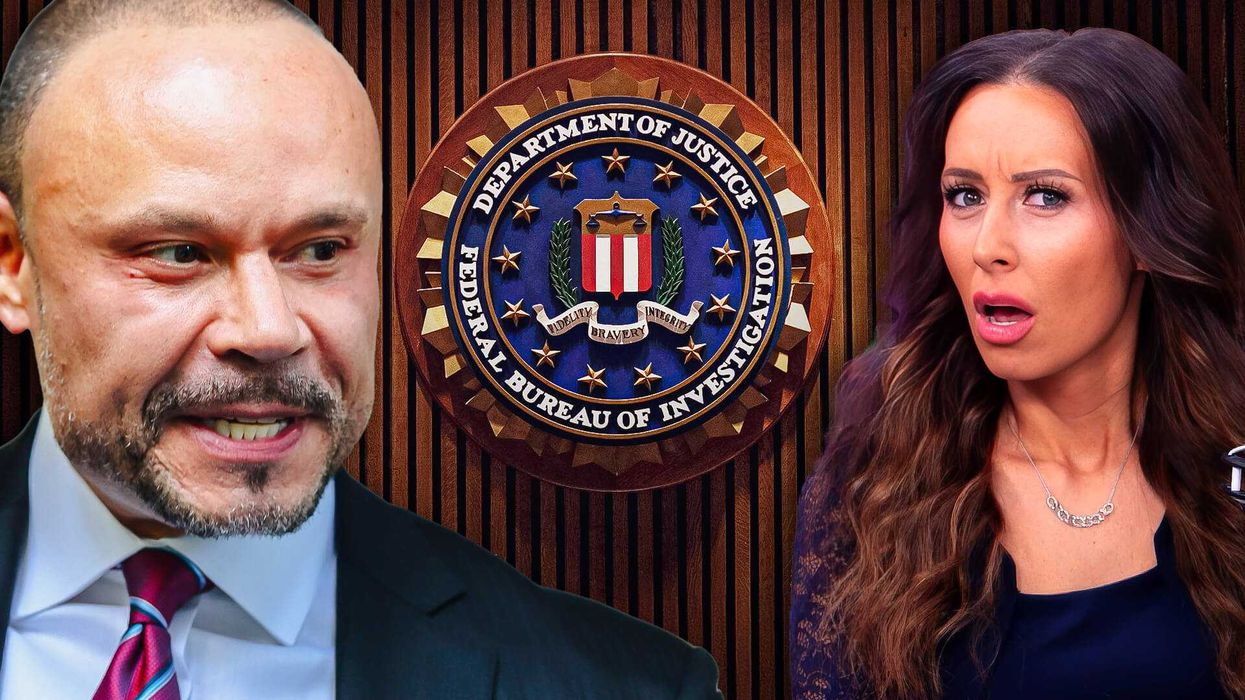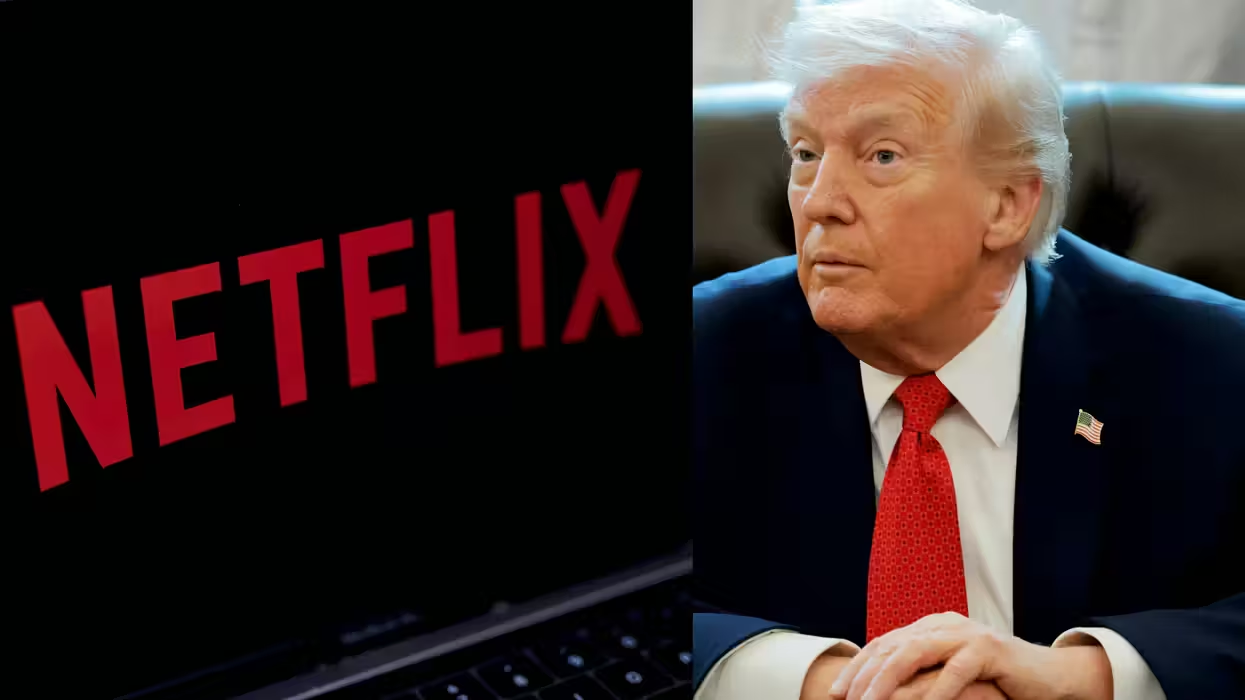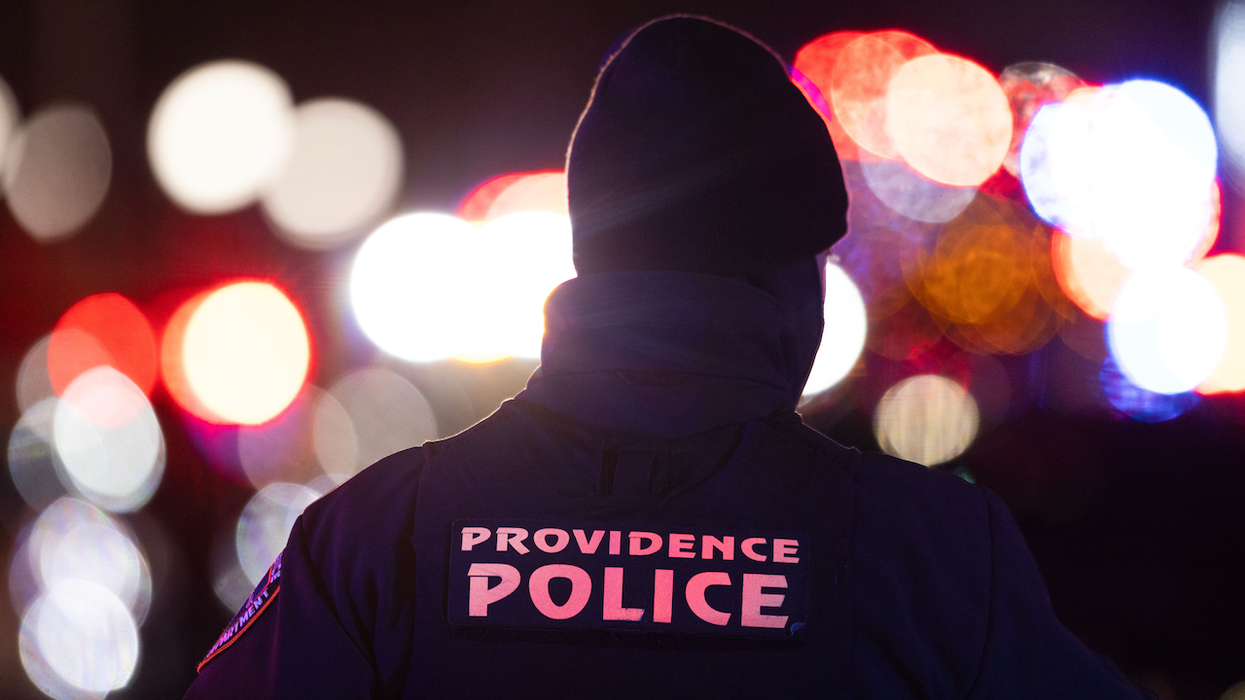
© 2025 Blaze Media LLC. All rights reserved.
Cybercrime: Hacker Sent to Prison for Helping Others Bootleg Free Internet Access
July 01, 2012

A federal judge hopes that his recent sentencing of an Oregon man to three years in prison in addition to fines will serve as a warning to other hackers.
Ryan Harris, 28, sold software to help buyers modify modems so they could obtain free (or steal) Internet access. The Boston Globe reports that in doing so he earned between $400,000 and $1 million.
Prosecutor Mona Sedky said Harris' malicious actions were motivated by a "desire to punish the cable companies ... and [...] greed.”
In addition to helping users access the Internet without paying for it, the process resulted in service providers trying to combat such rooted devices -- sometimes at the expense of their own customers' service:
[...] Laurie Jill Wood, director of security for the St. Louis-based Charter Communications, one of the companies affected by Harris’s scheme, said engineers spent years trying to combat the software sold by Harris, and at times kicked legitimate subscribers off the network as a result.She said the company also at times was unable to identify for law enforcement the subscribers who were suspected of unrelated computer crimes, because so many of the modems were cloned.
“This happened many, many times and it made me sick,” Wood said.
Harris said that since rooted devices are technically legal, he is not responsible for what his customers did with the modems. Although, he was apparently convicted in March of making it appear that users were paid subscribers by cloning the modem addresses of others, according to the Globe.
His lawyer Charles McGinty said Harris was motivated by anger but also that he was misguided.
At the same time though, Harris wasn't necessarily covert about his hacking intentions. He published a book called "Hacking the Cable Modem: What Cable Companies Don’t Want You to Know."
Martin Weinberg, a lawyer not representing Harris but another man charged with hacking, noted that other legal decisions have been divided on whether federal fraud law could apply to cases involving the Internet.
U.S. District Judge Mark L. Wolf ruled that Harris had "committed a very serious crime." Still, Weinberg believes there will be a lot of back-and-forth in court decisions with regard to cyberlaw.
“You’re at the dawn of a technology age,” he said to the Boston Globe. “The federal courts are at the epicenter of trying to apply crime to technology they didn’t foresee, but which is crying out for legal decisions.”
(H/T: Huffington Post)
Want to leave a tip?
We answer to you. Help keep our content free of advertisers and big tech censorship by leaving a tip today.
Want to join the conversation?
Already a subscriber?
more stories
Sign up for the Blaze newsletter
By signing up, you agree to our Privacy Policy and Terms of Use, and agree to receive content that may sometimes include advertisements. You may opt out at any time.
Related Content
© 2025 Blaze Media LLC. All rights reserved.
Get the stories that matter most delivered directly to your inbox.
By signing up, you agree to our Privacy Policy and Terms of Use, and agree to receive content that may sometimes include advertisements. You may opt out at any time.






